Overview
Fellows primarily work in the Boise VA Medical Center but have learning opportunities at Raise the Bottom, Recovery 4 Life, St. Luke’s Regional Medical Center, Family Medicine Residency of Idaho and the Idaho Department of Corrections.
Locations
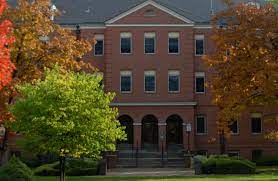
Boise VA Medical Center
The Boise VA Medical Center, with 46 medical/surgical beds, serves over 100,000 Veterans in Idaho and the surrounding area. Addiction Medicine fellows have multiple rotations at the Boise VA, including the Residential Substance Abuse Treatment Center (RSAT), an 18-bed domiciliary on the VA campus, ambulatory alcohol detox clinic, inpatient substance use disorders consultation service, primary care MAT clinic, and comprehensive pain clinic.
The Boise VA is home base to three University of Washington GME Programs: Internal Medicine, Psychiatry and Addiction Medicine and has affiliations with multiple educational programs including University of Washington Medical School as well as training programs in nursing, social work, and psychology.
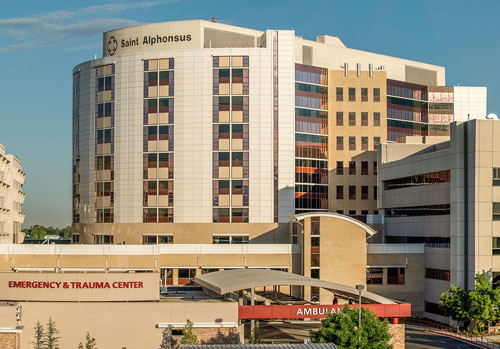
Saint Alphonsus Regional Medical Center
Saint Alphonsus is recognized for its cardiology, orthopedic care, trauma, neurosurgery, radiology, and critical care departments. It is the region’s only Level II Trauma Center and is part of a four-hospital integrated healthcare system. Family Medicine residents do medicine, surgery, and emergency medicine rotations at this hospital. The Saint Alphonsus Behavioral Health service includes 32 inpatient psychiatry beds for adults and children, and an outpatient service with over 11,000 visits per year, offering psychotherapy, psychopharmacology, and addiction treatment services.
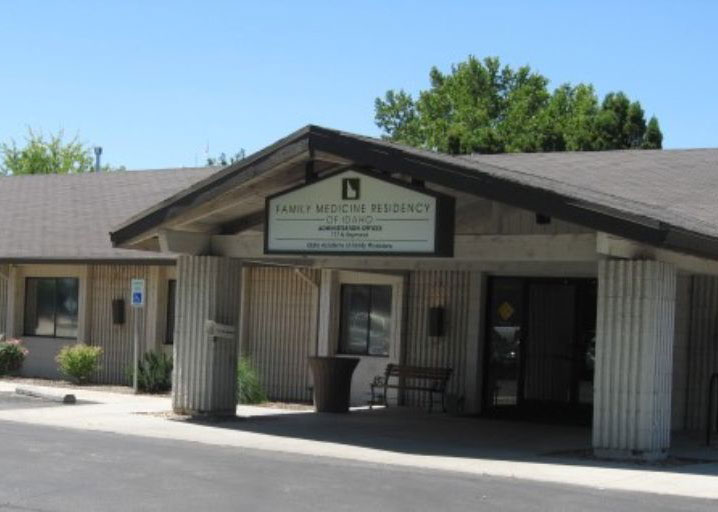
Family Medicine Residency of Idaho
The Family Medicine Residency of Idaho is a University of Washington-affiliated residency that trains 23 Family Medicine residents per year. Doing business as the Family Medicine Health Center, healthcare providers see over 80,000 patients per year. This is a training clinic that provides comprehensive medical and mental health services to under-served populations in Idaho, including OB patients, chronically mentally ill, the refugee clinic and an HIV clinic. Working with interpreters and people of diverse nationalities is common. Psychiatry residents provide outpatient psychiatric consultation to family medicine faculty and residents in this clinic, as part of a team including a psychiatrist, psychologist, and social work staff.
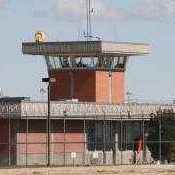
Idaho State Correctional Institute
The Idaho State Correctional Institute includes maximum, medium, and minimum security level offenders. The primary clinical site for residents is the reception and diagnostic unit (RDU), which is the entry point for all men entering Idaho’s prison system. Residents have opportunities to perform intakes, work with severe and persistent mentally ill offenders, and gain experience treating patients in a maximum-security setting. Site objectives include learning the diagnostic challenges in correctional settings, understanding legal issues of providing care to inmates, and developing an understanding of the unique pharmacologic barriers in correctional psychiatry. Residents work closely with a board certified forensic psychiatrist.
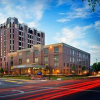
St. Luke's Regional Medical Center
St. Luke's Regional Medical Center (SLMRC) is a 399-bed hospital with centers of excellence in cancer, heart, and women's and children's care. Addiction Medicine fellows rotate on adult and child and adolescent psychiatric consults services to see patients admitted with substance use disorders.

Raise the Bottom Opioid Treatment Center
Raise the Bottom has locations in both Boise and Nampa and treats hundreds of patients with Opioid Use Disorder. Although primarily a Methadone Treatment Program, Raise the Bottom also prescribes buprenorphine and treats a variety of substance use disorders and comorbid psychiatric disorders.

Trivium (Recovery 4 Life)
Trivium is a mental health and substance use treatment center that has been helping individuals and families in the Treasure Valley since 2010. Trivium sees patients of any age and offers intensive outpatient treatment, individual or family therapy, recovery coaching, medication-assisted treatment, and group psychotherapy.



